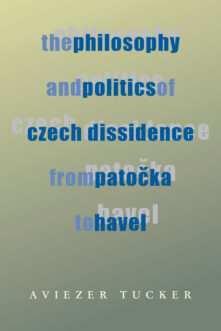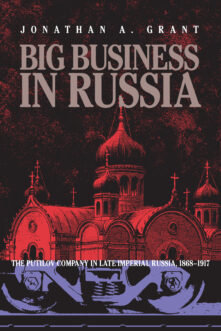Search Results
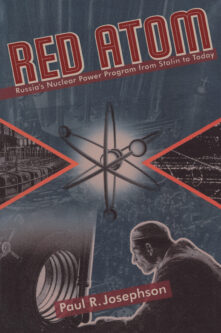

Red Atom
Russias Nuclear Power Program From Stalin To Today
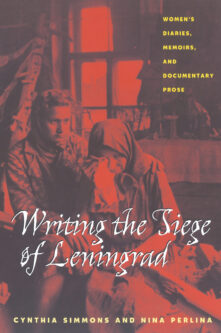

Writing the Siege of Leningrad
Womens Diaries Memoirs and Documentary Prose
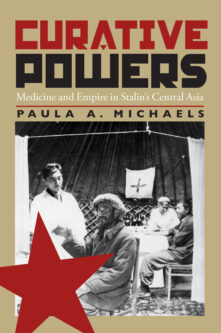

Curative Powers
Medicine and Empire in Stalin’s Central Asia
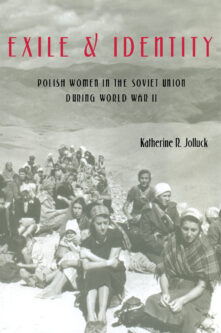

Exile and Identity
Polish Women in the Soviet Union during World War II
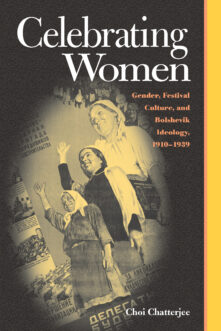

Celebrating Women
Gender Festival Culture & Bolshevik Ideology 1910-1939
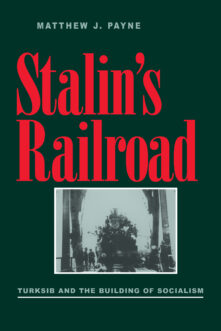

Stalin’s Railroad
Turksib and the Building of Socialism
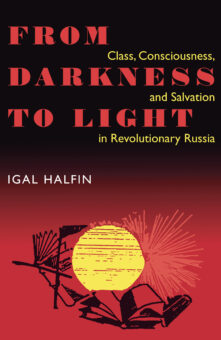

From Darkness To Light
Class, Consciousness, & Salvation In Revolutionary
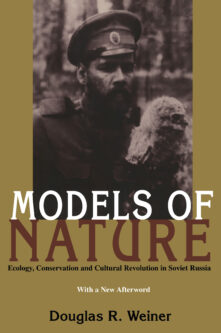

Models Of Nature
Ecology, Conservation, and Cultural Revolution in Soviet Russia
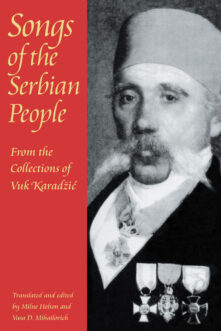

Songs of the Serbian People
From the Collections of Vuk Karadzic
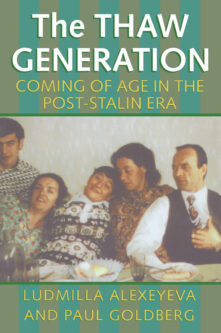

The Thaw Generation
Coming of Age in the Post-Stalin Era
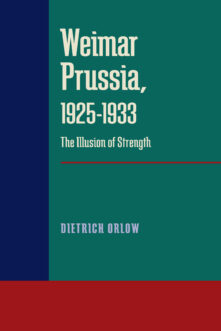

Weimar Prussia, 1925–1933
The Illusion of Strength
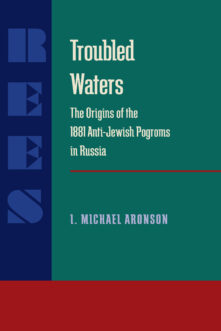

Troubled Waters
Origins of the 1881 Anti-Jewish Pogroms in Russia
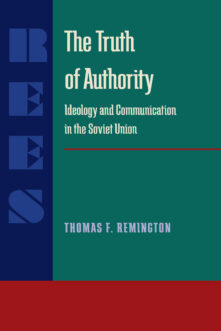

The Truth of Authority
Ideology and Communication in the Soviet Union
Your search for "Urban Rivers %3A Re-making Rivers%2C Cities and Space in Europe and North America" returned 620 results


